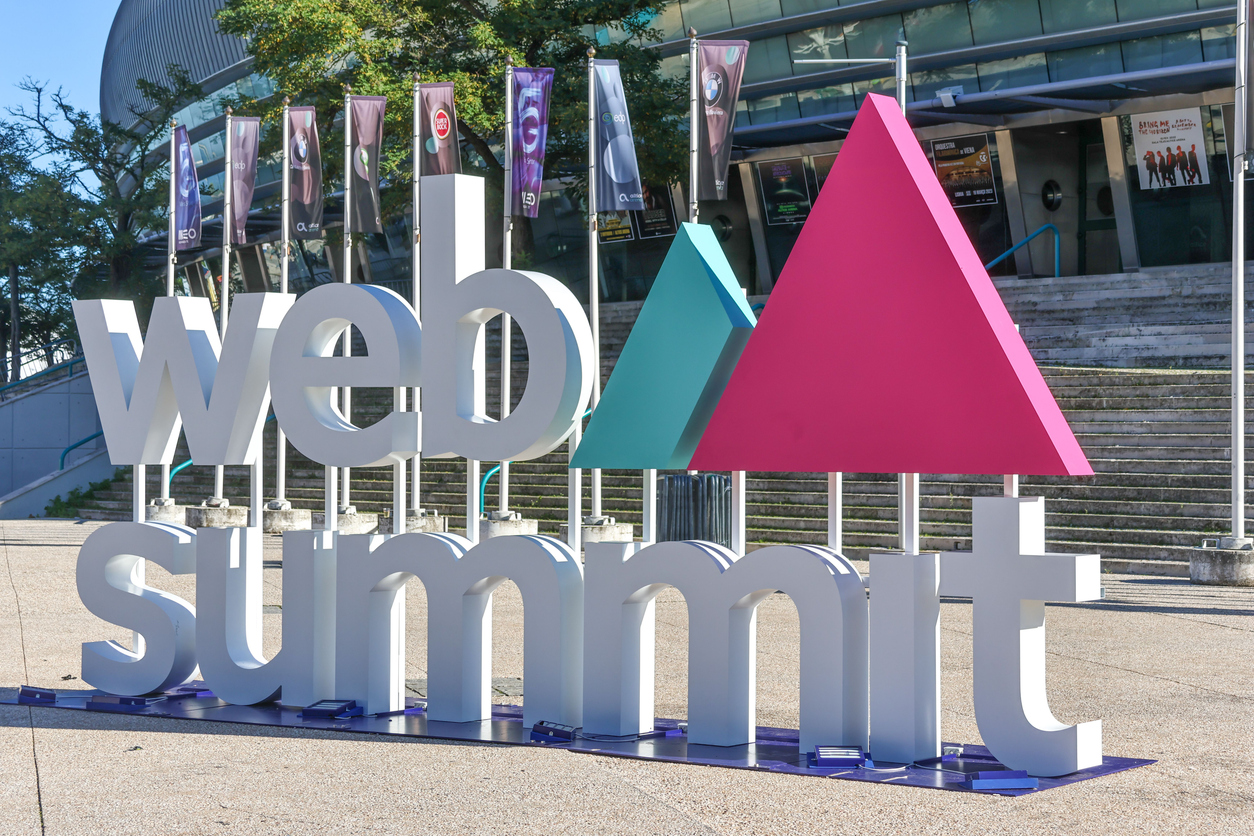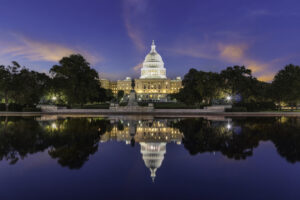The Scoop: Web Summit CEO returns after resignation over Israel comments
Plus: Even more Boeing safety incidents; tax influencers sponsored by major companies give questionable advice.

Paddy Cosgrave announced his return as CEO of Web Summit after resigning in October following comments about the Israel-Hamas war.
His remarks, made less than a week after the Hamas terrorist attack, angered many when he accused Israel of “war crimes” in social media posts. Sponsors like Microsoft and Google pulled out of the influential conference in the wake of his statements, TechCrunch reported. He apologized and resigned shortly after.
The announcement of Cosgrave’s return made no mention of the previous remarks or the outcry. Rather, they focus on the future of Web Summit.
Today I’m returning as CEO of @WebSummit.
When I stepped back last year, it was the first time I had taken time off in 15 years. It gave me time to think about Web Summit, its history, why I started it on my own from my bedroom and what I wanted it to be.
I took the time to… pic.twitter.com/cDu33kS1tP
— Paddy Cosgrave (@paddycosgrave) April 8, 2024
The remarks instead focus on the future of the organization and its next evolution, referring only obliquely to the time he spent away from Web Summit.
TechCrunch reports that while Cosgrave resigned his CEO position, he kept his 80% ownership of the company. Web Summit was led briefly by Catherine Maher, but she left after a brief time to become CEO of NPR.
Why it matters: This story is proof that timing is everything.
While Cosgrave’s statements were shocking and jarring to many in the immediate aftermath of the Hamas attacks, public opinion has begun to turn in regards to Israel, especially in the wake of the killings of seven World Central Kitchen aid workers. Today, while Cosgrave might face some anger, it’s unlikely they would lead to such universal condemnation and a situation where a resignation seemed like the only viable option.
But now we’ll see how long Cosgrave’s words will follow him. Will major sponsors like Google and Microsoft return to the fold or will they continue to consider the brand toxic? It seems unlikely Cosgrove would return to the helm if he was still seen as radioactive to the largest names in the tech space. A quick of his X account shows he has not posted about Israel since October, though he remains an active political voice in Irish politics.
We don’t yet know how this situation will turn out, but the reminder for PR pros is that memories can be short and forgiveness can be long if someone delivers results. Or perhaps they’re longer than we think, and Web Summit will fade into obscurity. But often, catastrophes aren’t as bad as they seem in the moment, and given enough time, comebacks are possible.
Editor’s Top Reads:
- This story is beginning to feel a bit like Groundhog’s Day: Yet another part has fallen off a Boeing 737 and yet another investigation is underway. The Wall Street Journal reports that an engine cover fell off during takeoff and became lodged in the wing flap. The plane landed safely and no one was injured. But even that’s only the beginning of a new batch of Boeing woes. As the WSJ reports: “Last week, a Southwest Boeing 737 flight bound for Las Vegas was canceled after an engine caught fire shortly after the plane taxied from the gate at Lubbock Preston Smith International Airport in Texas. Last month, a Southwest Boeing flight from Austin, Texas, turned around midflight after its crew reported a possible engine issue, according to the FAA.” Currently, every Boeing incident is being put under a microscope and covered by the media, even if these are routine issues that aren’t Boeing’s fault at all. It’s a difficult position, and Boeing needs to start making moves beyond that they’re investigating and looking to make changes.
- It’s not surprising that the tax advice on TikTok is a little sus. But it’s more surprising – and concerning – that some of the influencers spouting tax advice like “have some business meetings on vacation and write the trip off” are sponsored by big names in the space like Intuit and TaxSlayer. After the Washington Post questioned those brands about their influencer, she removed links to her TaxSlayer content, while Intuit noted that their collaboration was part of their “efforts to provide career opportunities for bookkeepers, and is not an endorsement of other content.” But it’s going to look that way for your audience. Intuit’s sponsorship seems like an endorsement. Be sure that you’re staying on top of all of the content influencers post, not just what they’re creating for you.
- CNN reports that Meta is accused of censoring links from nonprofit newspaper the Kansas Reflector that criticized the social media giant. Meta CCO Andy Stone said the link blockages were “an error that had nothing to do with the Reflector’s recent criticism of Meta,” but later attempts to post the same content were also met with problems. This is another case of the Streisand Effect in action: Now CNN is covering the work of a small Kansas outlet. It also is a terrible look for Meta at a time when it is under intense regulatory scrutiny for censoring content, potentially furthering arguments to limit its power. Remember: It’s sometimes OK to let criticism go.
Allison Carter is editor-in-chief of PR Daily. Follow her on Twitter or LinkedIn.








Interesting how popular opinion changes when further investigation reveals the truth. Reminiscent of the condemnation faced by Sinead O’Connor after her public outcry against the Catholic church.